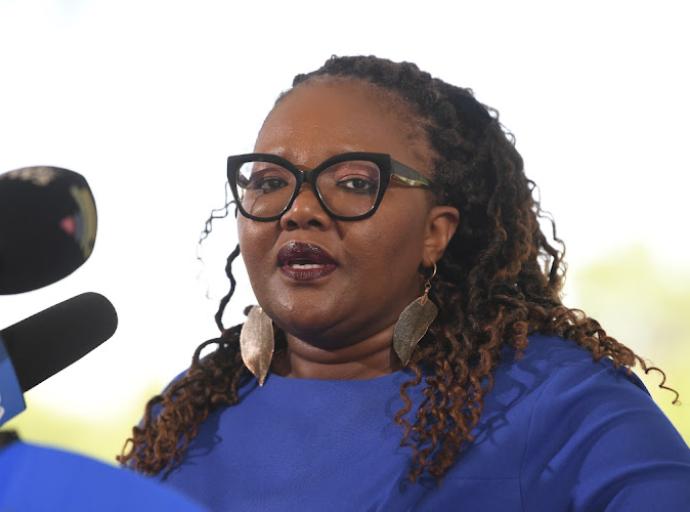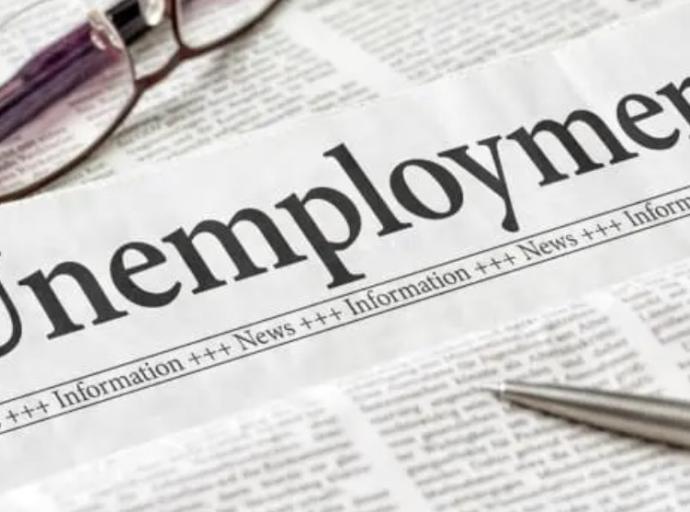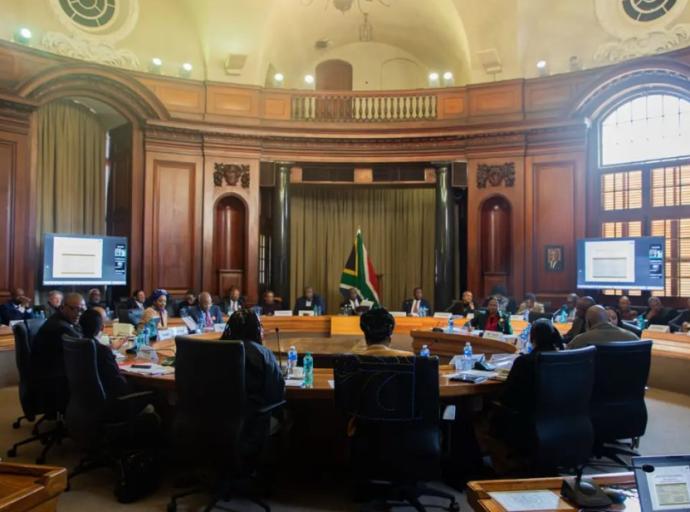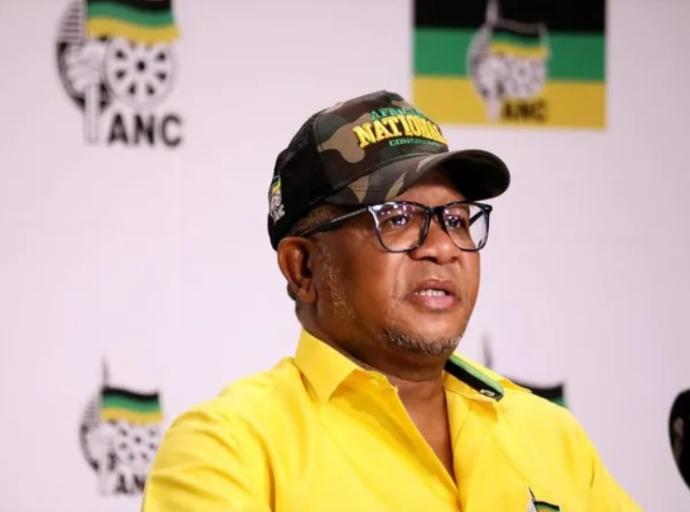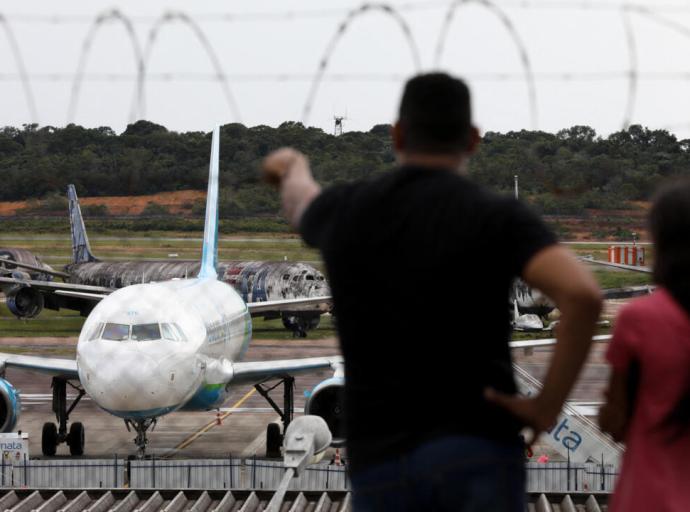Basic Education Minister Siviwe Gwarube has been accused of using the gazetting of the Basic Education Laws Amendment (BELA) Act regulations to sow confusion, delay the implementation of the Act and advance the DA’s political agenda.
THE South African Democratic Teachers’ Union (SADTU) has accused Basic Education Minister Siviwe Gwarube of using the gazetting of the Basic Education Laws Amendment (BELA) Act regulations to sow confusion, delay the implementation of the Act and advance the DA’s political agenda.
Gwarube recently gazetted the first two sets of regulations under the Basic Education Laws Amendment Act, 2024 (BELA Act) for public comment, saying two regulations, which deal with language and school capacity were designed to ensure that the amendments in the BELA Act were implemented in a manner that upheld learners’ rights, enhanced school functionality, and maintained a careful balance of powers and functions between school governing bodies and the government in the management and governance of schools.
Further regulations would be released for public comment as soon as they were finalised, vetted, and approved, she said.
However, the move has been met with mixed reactions, with the Portfolio Committee on Basic Education among the first to raise concerns that Gwarube may be undermining the intent of the Act through a fragmented rollout of draft regulations and the use of terminology that appears to deviate from the language and purpose of the Act.
“The regulations on admissions, for example, refer to taking into account the demographics and education needs of the ‘surrounding community’. In the Bela Act the responsibility for admission policy lies with the head of department (HOD) and is based on the ‘broader Education Districts’. This potentially reinforces local demographic homogeneity, contrary to the type of inclusivity the Act intended,” said Maimela.
While the BELA Act refers to the broader community in the education district in which the public school is situated, the gazetted regulations instead use the term “feeder zones” to manage learner numbers and coordinate parental preferences.
The introduction of “feeder zones” in the regulations deviates from the BELA Act, which references “education districts”, said Maimela.
“This, points to keeping previously disadvantaged learners out via location. Historically it has been linked to exclusion. It seems these regulations are attempting to re-write the Bela Act and re-introduce matters that were unsuccessfully contested in the Bela Act legislative drafting process,” Maimela added.
Sadtu said they were still studying the regulations and intended to make their submissions on or before the deadline.
“In June this year, the Minister released guidelines for the implementation of the BELA Act, a move that SADTU strongly rejected as the Act does not empower the Minister to issue implementation guidelines. The Minister is only allowed to make regulations. SADTU viewed the issuing of guidelines as an attempt to sow confusion, delay the implementation of the Act and advance the DA’s political agenda against the full implementation of Sections 4 and 5. SADTU will exercise extreme vigilance to ensure that the regulations align strictly with the letter and spirit of the BELA Act,” the union said.
GOOD Party secretary-general Brett Herron said Gwarube cannot use the regulations to introduce concepts that undermine or "limit the rights created by Parliament through legislation".
Herron added that school language policies remain among the most contested and politically weaponised tools used to preserve historical privilege.
“Regulations must not be allowed to reinforce this. BELA was meant to reform outdated admissions and language policy frameworks and dismantle the spatial, linguistic, and racial barriers that persist in South Africa’s public education system. However, the wording of the regulations does not reflect that intention. Instead, the Minister has selectively chosen language that risks entrenching exclusion,” said Herron.
Parents for Equal Education South Africa (PEESA) said the organisation had mixed feelings, while they did not seek to strip School Governing Bodies (SGBs) of their power entirely, they believed that reform was necessary to enforce accountability where it had long been lacking.
“The Western Cape was the only province that took real issue with the Bella Bill, they call it centralisation of power, (but it's) because they didn't want to be held accountable for the exclusion, discrimination that they have embraced for far too long. The Bella Bill forces them to account, now we will address real issues such as inequalities, they can't hide behind an SGB anymore. Because for far too long former model C schools have gotten away with the violation of the rights to basic education for all learners,” said PEESA founder Vanessa Le Roux.
While Gwarube’s office did not respond to requests for comment by deadline, the draft regulations are available on the Department of Basic Education’s website and in the Government Gazette No. 53119 and 53120 of 6 August 2025. Comments on the draft regulations must be made by September 30 via
*This article was first published by IOL News

